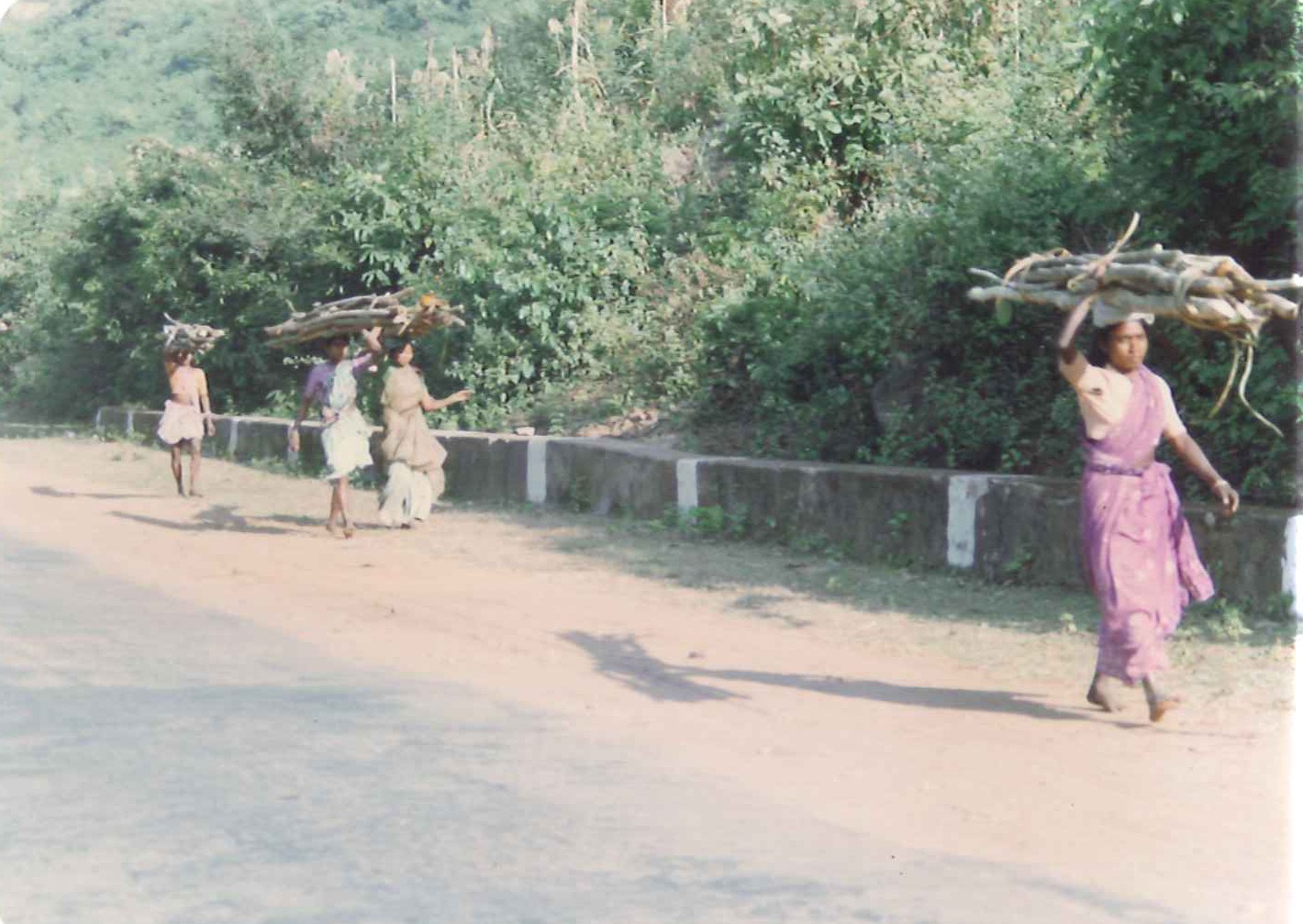Power, discrimination and gender equality
By Tuija Sievänen (Finnish Forest Research Institute),
Coordinator of IUFRO Division 6 – Social Aspects of Forests and Forestry
A new publication takes a long, hard look at – and dispels some of the myths about – the issue of gender equality as it relates to development and environmental governance of the forests.
The author, Seema Arora-Jonsson of the Swedish University of Agricultural Sciences and Coordinator of the IUFRO Working Party dealing with gender research in forestry, focuses on groups in India, which is widely recognized as a highly gender-biased country and in Sweden, a country seen as highly gender-equal.
Dr. Arora-Jonsson makes the point that simply including women on committees and other governance mechanisms is not enough and can, in fact, work to perpetuate existing inequalities.
She calls for more creative policymaking that recognizes and addresses the wider social context in which the policies are meant to be implemented.
Her findings indicate that some committees involved with forest governance add female members simply to pay lip-service to the concept of gender equality – i.e. having a female member or members automatically makes a neutral “people’s” committee.
Other committees, even those organized by people honestly concerned about gender equality, often see women members as a monolithic presence. A man who is invited or appointed to sit on a committee is usually seen as representing a certain interest – community, development, government, environment, forest management, etc.
When a woman sits on the same committee, she is seen as representing women – all women and all women’s viewpoints.
Dr. Arora-Jonsson noted there is an assumption that women committee members will act as one, and differences of opinion among them are seen as signs of weakness or an inability to co-operate. Lack of agreement among men, on the other hand, is seen simply as a difference in vision.
And, referring to another of her articles on gender issues, Dr. Arora-Jonsson notes that when climate change is thrown into the forest governance mix, conventional wisdom puts women in one of two camps. In developing countries – primarily in the southern hemisphere – women are seen as vulnerable; in the north, as virtuous.
In the south women are seen as victims, more vulnerable to the negative effects of climate change than are men. In the north, women are seen to be more concerned about climate change and environmental stewardship because men in the north pollute more – as an example, some research indicates that men tend, among other things, to drive more.
Focusing on the vulnerability/virtue issue, the author points out, can simply reinforce existing biases, deflect attention from actual inequalities in decision-making and can lead to an increase in women’s responsibility to care for their environments with no corresponding increase in resources or rewards.
Gender, Arora-Jonsson says, is often correlated with a rather nebulous “larger good”. But seldom are there questions of how the larger good is determined and by whom. To really understand and govern forests, the author maintains, one has to go beyond the trees and look at the social contexts and interrelated issues of development and democracy.
Success in terms of gender equality is unlikely, she says, unless questions of power and discrimination are dealt with.
The publication: Gender, Development and Environmental Governance can be found at:
http://www.routledge.com/books/details/9780415890373/
———————————————————–
Media Contact
Tuija Sievänen: +358 10 2112246 or tuija.sievanen(at)metla.fi
Gerda Wolfrum: +43 1 877 0151 17 or wolfrum(at)iufro.org
———————————————————–
Related Links
Gender, Development and Environmental Governance: http://www.routledge.com/books/details/9780415890373/
IUFRO Division 6 Social Aspects of Forests and Forestry: http://www.iufro.org/science/divisions/division-6/60000/
IUFRO Spotlights main page, http://www.iufro.org/media/iufro-spotlights/


Leave a Reply